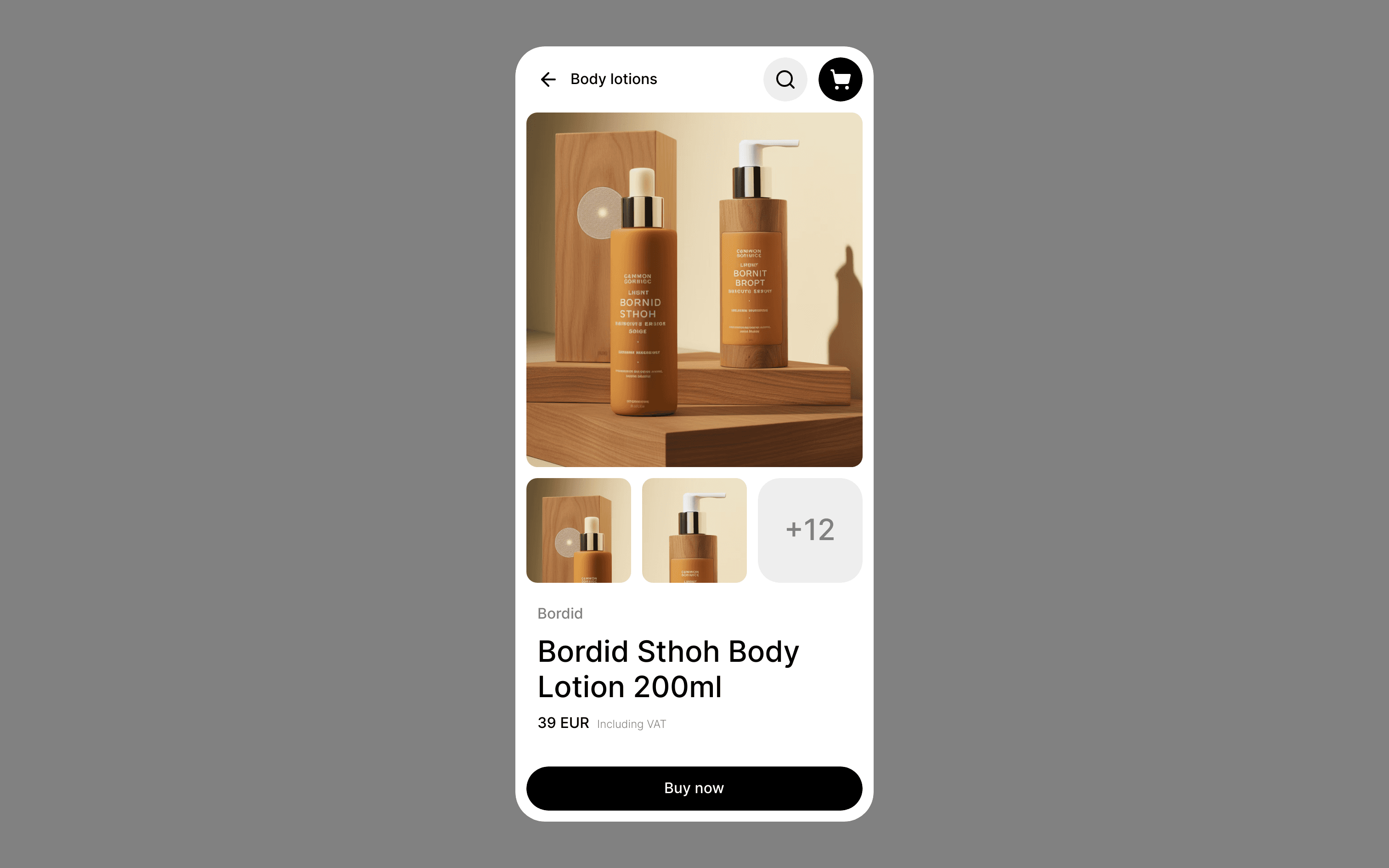Build Design Systems With Penpot Components
Penpot's new component system for building scalable design systems, emphasizing designer-developer collaboration.

uxdesign.cc – User Experience Design — Medium | Jessie Chen
If you’ve tried and still haven’t yet landed your dream job, don’t lose faith, don’t doubt yourself. Instead, remember this:
You are talented and skilled in your own unique way. Whichever company ends up hiring you, they will be lucky to have you. Of course companies can be selective, but so should you!
There are many talented job-seekers out there but few wise headhunters (in this case, interviewers).
Talent is everywhere, however seldom can it be recognized.
唐•韩愈《马说》
世有伯乐,然后有千里马。千里马常有,而伯乐不常有。
However, there ARE things you can do to better prepare yourself. Please note this is not a guide, but rather recommendations.
“Tell me about yourself.” “What’s your story?”
What would you tell people if you were asked to do a self-introduction? What is the best way to summarize your career? I used to tell people where I am from, what I have been doing and what I do at work. Soon I realized that I ramble more than I should because I didn’t have a clear career timeline in my head.
So I decided to create a career timeline for myself:
New born (2012):
I was a newborn UI/UX designer. I went back to school to study Website Design and New Media (don’t forget to share reasons).
Infant (2012–2013):
Got an internship as a UI/UX designer while in school.
Toddler (2013–2014):
Went back to China in 2013 and got my first full time job as a UI/UX designer.
Teenager (2014–2016):
Moved back to San Francisco in 2014. I started to discover more passion for user experience design. I was eager to grow and was constantly going to design events/workshops. In my spare time, I wrote design articles to share learnings and track self-growth.
Young Adult (present):
I’m now a young adult. I started to realize my responsibilities as a designer. I can lead design projects and became a stronger advocate for myself, and for users.
Wise Adult (in the future):
I would like to have both compelling soft + hard skills, wise vision and a strong network; I would like to become a great leader, a strong decision maker, a mentor, a go-to person.
It definitely worked for me given I am able to organize content and tell a story more effectively using English as my 2nd language. You can also add some emotion into your story to make a personal connection.
Everyone needs a job or career change at some point, but make sure you have solid reasons and goals. For me, it’s mostly about career growth: “I’m looking for great mentorship, a competitive company, a place where I can work with/meet many smart talented people who are also passionate about their jobs.”.
Practice before talking to your dream companies. Doing mock interviews with friends is helpful but getting ANY onsite interview opportunities is better. Practice whiteboarding to show your design process, always ask questions before giving any design solutions.
If you haven’t succeeded yet, you probably agree that a take-home design exercise is a hassle — normally you may have no idea what the companies are looking for and it can be extremely time consuming. The only good way to get a hang of that is to practice with different companies, and cover all edge cases as much as possible.
Don’t like to ask questions? You should force yourself to now.
If you have tried talking to a few companies and didn’t have any luck, try revise the questions and make sure you cover the followings:
• Your particular interests
• Your unique design thinking
• Your approach to understand a product and define the problems
• Your plan to optimize the experience
• Your method to track design success and metrics
If you don’t have any side projects yet, start creating some now. You are competing with many many other talented and experienced designers. If you don’t have a ton of work experience, make sure you have something else that makes you shine. It can be a hackathon project, a startup project, a blog, anything that shows your passion and skills.
Build an image, make yourself stand out and let people see your abilities. You have no reason to complain if you were expecting people to manually discover your talents and skills.
If you had a good conversation with your interviewers, follow-up with them afterwards. Try make a personal connection and let them remember you, remember your passion and strengths. If for whatever reason you didn’t make it this time, maybe you will next time.
Success comes after many failures. You may have tried your best and still yet didn’t succeed. Don’t feel defeated — it’s an extremely great chance to look back and give yourself a performance review. If that happened multiple times, that’s even better. You can rank each performance and compare where and why you did better or worse, do some analysis and figure out strategies for the upcoming ones.
Don’t fear failures, but do fear the fear of feeling defeated.
Never give up. Today is hard, tomorrow will be worse, but the day after tomorrow will be sunshine.
– Jack Ma
If you finished reading this article and find it helpful, I believe you will make it happen. Good luck! ❤
When Can You Get A Dream Job? was originally published in uxdesign.cc on Medium, where people are continuing the conversation by highlighting and responding to this story.
AI-driven updates, curated by humans and hand-edited for the Prototypr community